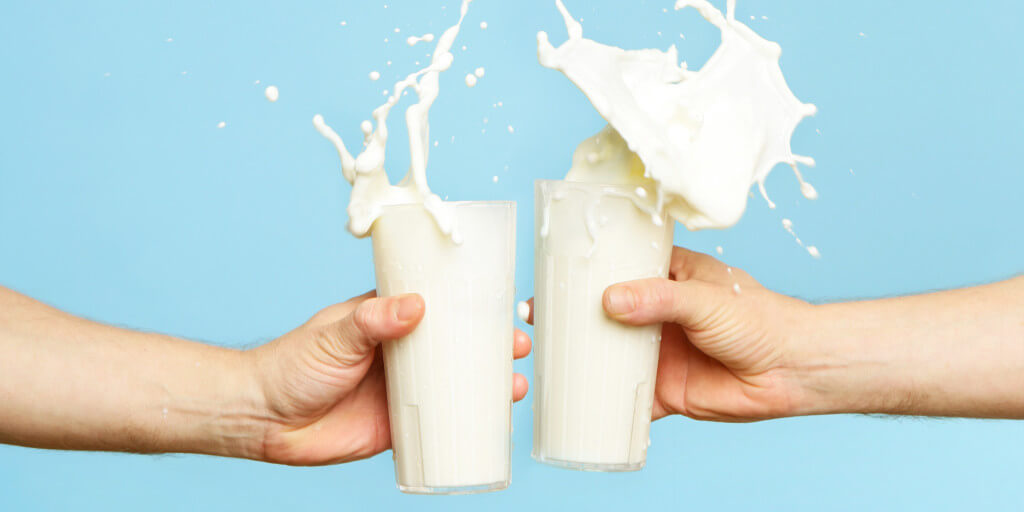
There has been a rising controversy over dairy products in the present times. Is it really good for you as many people seem to claim or are there serious negative sides to it. Many health organisations promote it wholeheartedly as being essential for bone development in the human body. Along with this there are also other nutrition experts who disagree with this common notion and instead say that it is quite harmful and it is best to avoid it. What also needs to be considered is that all dairy products are not the same, as they differ depending on how the cows were raised and how the dairy was processed. What also must be kept in mind is that health effects can change from individual to individual.
One often used argument against dairy is that it is not natural for adult humans to consume. After all in nature, humans are the only species to drink milk as adults and also drink milk which come from other animals. This argument is quite valid as biologically cow’s milk is meant for a growing calf and adult humans do not need to grow anymore. Yet for thousands of years humans have been consuming dairy in many parts of the world. As an opposition to the ‘unnatural’ argument, it has also been found that human genes have adapted to adjust to dairy products in the system. This fact then proves that it is quite natural for humans to consume.
Another argument that classifies dairy as bad for humans is the fact that 75% or ¾’s of the world’s population is lactose intolerant, as lactose is the main carbohydrate in dairy. A positive argument supporting it is that dairy products can be extremely nutritious. Considering that Milk has all the nutrients essential for a growing calf and as a humans muscles, cells and organs are almost the same as a calf, dairy products can most definetly be a good source of nutrients. An average cup of milk contains nutrients such as Calcium, Vitamin D, Riboflavin, Vitamin B12, Potassium, Phosphorus and recognizable amounts of Vitamin A, Vitamins B1 and B6, Selenium, Zinc and Magnesium. Whole milk has a bit of nearly everything we need to stay healthy. Other dairy products like cheese and butter can include very different nutrient components to milk. It also depends on how the cows were raised and what they ate. For example grass-fed dairy is rich in Vitamin K2 which is an extremely important nutrient for bone and heart health.
But the most important point supporting dairy consumption is, being that calcium is the main mineral in bones, dairy happens to be the best source of this mineral. Therefore consuming it is beneficial for bone health. Bone density in the young is improved and fractures in the elderly are lowered. Full-fat dairy is also linked to a reduced risk of obesity and type 2 diabetes. Dairy products may also protect against heart ailments, even though studies seem to show conflicting results. One such result of these studies show that in nations where cows are mostly fed grass, full-fat dairy is linked to huge reductions in heart disease. On the negative side, dairy stimulates Insulin and IGF-1, which may lead to increased acne and certain types of cancers.
So what are the best types of dairy to consume? Full-fat is definetly at the top as it comes from cows that are grass fed and raised in pastures. Some also claim that the best dairy does not come from cows but goats. In conclusion, the effects of dairy differs from one person to another. Some tolerate it and others don’t. There is no strong evidence that humans must avoid it but quite a bit of evidence as to the benefits of it. As long as the dairy is of good quality there should be no problem or concern.
